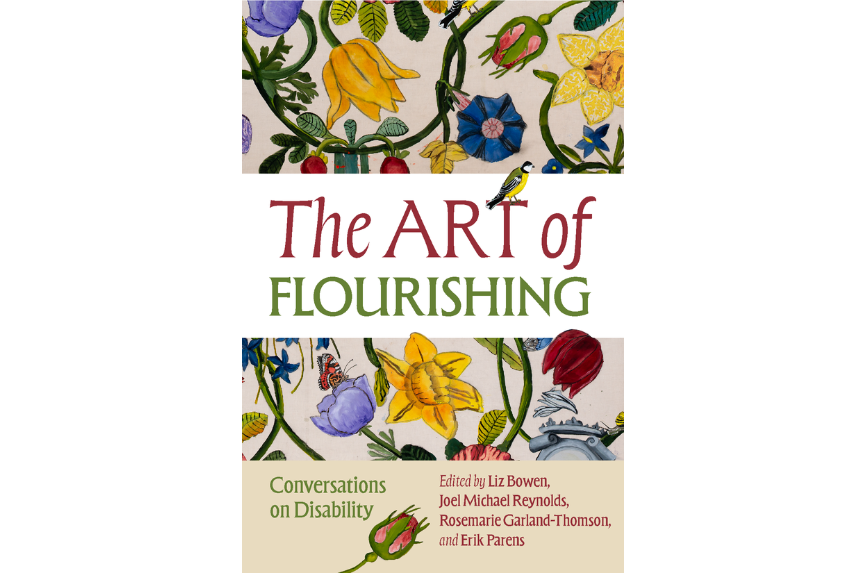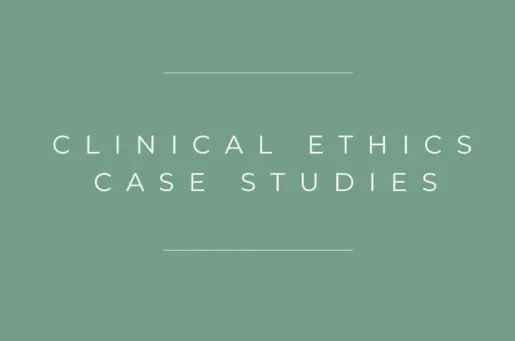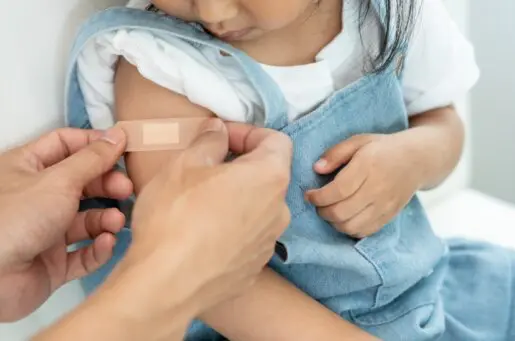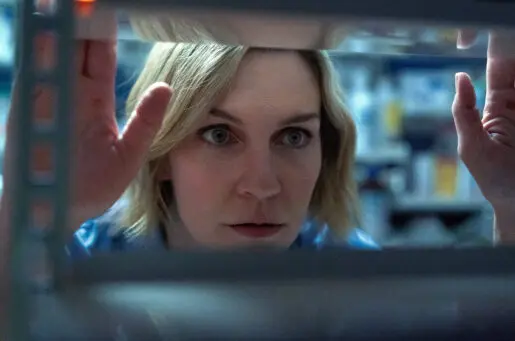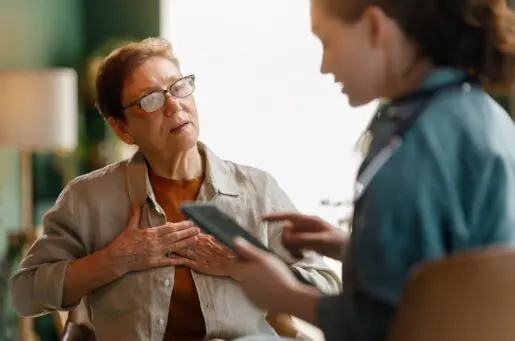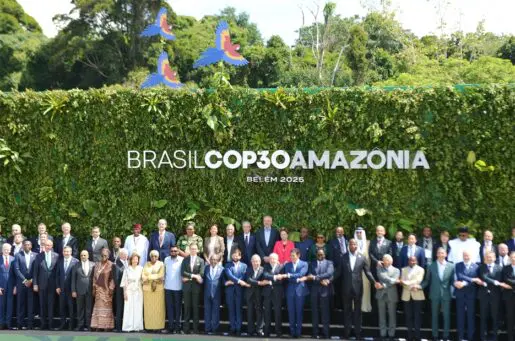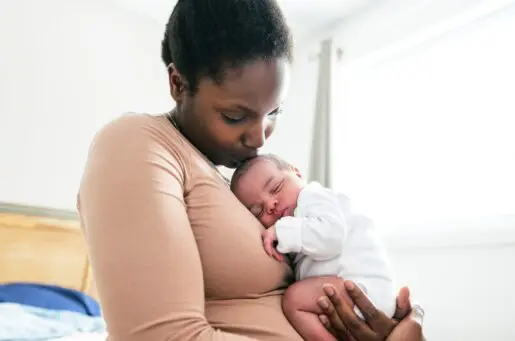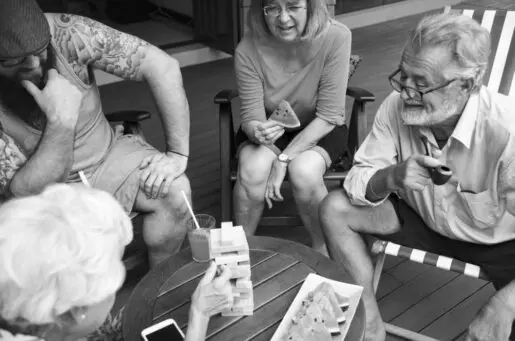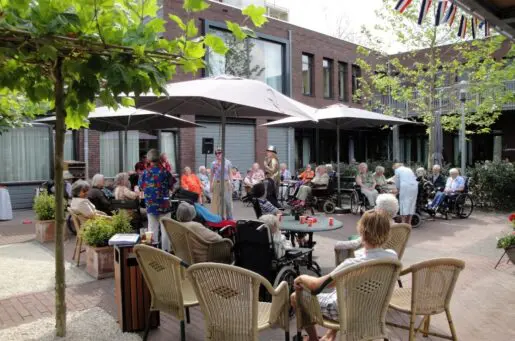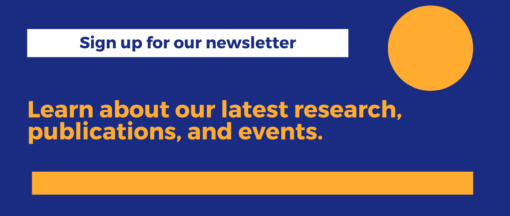Bioethics Forum Essay
Flourishing for All
Our forthcoming book, The Art of Flourishing: Conversations on Disability, invites readers to consider the fact that, when provided with adequate social support, people can flourish in all sorts of bodies. With the term flourishing, we refer to the exercise of whatever capacities we have in the ways we find meaningful. Flourishing is what we all want, not for the sake of something else like power or money, but for the sake of itself.
At a time when support for humanistic inquiry is under siege in the United States, we insist that critical thinking about human flourishing and difference is essential to a flourishing society.
The volume grows out of a project generously funded by a National Endowment for the Humanities program that was created to promote public conversations about humanities questions of enduring interest, in our case, the meaning of human flourishing. Between 2019 and 2022, we hosted six public events, each featuring between two and six disabled artists, scholars, activists, and thought leaders with diverse backgrounds and identities. In curated discussions among the speakers and audience members, the speakers convey what it is like for them to flourish—and what it is like for stigma, ignorance, and inequitable power structures to stand in the way of their flourishing.
The discussions of flourishing are as varied as they are vivid. For some contributors, flourishing means being able to navigate the world with the adaptations of their choosing, which might be as high-tech as a power chair, in Yomi Sachiko Young’s case, or as embodied as Rod Michalko’s service dog. It might mean exploring wild places where “disabled folks are often imagined to not belong,” as Julia Watts Belser does, or using touch to engage with art, as Georgina Kleege does. For others, flourishing entails merging activism with artistic practices, exploring avenues for healing that don’t require a cure, or embracing a capacious set of possibilities for building kinship. Flourishing can be cultivated through relationships with other people, with assistive devices, with art and material objects, and with built and natural environments. A complete list of contributors can be found here.
We hasten to add that, whereas our contributors are indeed highly accomplished, the last thing we intend to suggest is that for disabled people to flourish, they need to be, as Lateef McCleod puts it in his essay, “super crips.” To foreground people with disabilities who are flourishing in ways that are recognized as such by mainstream culture is surely not to say that people who are not functioning in such ways are any less entitled to moral consideration and community. Nor, as Watts Belser observes, should any contributor’s emphasis on disability joy be interpreted to suggest that disabled people who are not experiencing joy, whether due to chronic pain or any other reason, are “doing it wrong.” Moreover, many of our contributors are keen to critique the overvaluing of “productivity” that characterizes life within capitalism, and to illustrate the fact that flourishing is specifically not for the sake of power or money.
Some of our contributors indicate that, at least to the extent that we all want to exercise our distinctive capacities in our own ways, we all appreciate the values of independence and autonomy. And all of our contributors believe it is imperative to recognize the fundamental fact of our interdependence, and to embrace the value that pushes in the opposite direction of autonomy: solidarity. Putting autonomy in that context may be especially valuable in this historical moment, when the hyper-polarization of our country makes us so painfully aware of the extent to which we lack solidarity.
Speaking of solidarity and its absence, we should acknowledge that when we project organizers (including disabled and nondisabled people) started recruiting disabled people to speak at our events, in some cases, we, as bioethicists, detected hesitation. We inferred that some of them might have been thinking: Hasn’t it been bioethicists who have talked about the need to ration health care resources, who have energetically promoted a right to die, and who have suggested that there is an ethical obligation to use prenatal testing to ensure the birth of “the best possible child”?
It is crucial and only fair to recognize that the bioethics community is, like the disability studies community, highly diverse—and that there have been bioethicists on both sides of those controversies. To further trouble the opposition between bioethics and disability studies, many scholars today situate themselves in both fields. And to remind us of this variety of perspectives and opinions still more, our volume is dedicated to the memory of the great disability rights activist and pioneer, Adrienne Asch, who identified solely as a bioethicist.
And it was Asch who, in the late 1990s, with one of us (Erik Parens), helped to bring the social model of disability into mainstream bioethics, with a project report and co-edited volume of essays on prenatal testing and disability rights. (At the same time, Adrienne was bringing bioethics to the disability community at the Society for Disability Studies.) At least since then, there has been a commitment at The Hastings Center to doing what many nondisabled people, in general, and many medical professionals, in particular, can find difficult: Taking disabled people at their word when they say that what is difficult about their lives is far more often about inadequate accommodations than about how their bodies function.
That lesson about the importance of taking people at their word may have been especially resonant for scholars at Hastings because one of the Center’s Founding Fellows, Eric Cassell, had already written so powerfully about the fact that it is entirely possible for persons to “be well,” or to flourish, despite having a body that is functioning atypically. For decades, scholars at Hastings have sought to help advance Cassell’s argument that medical professionals—and everyone else—need to focus their attention not just on bodily function, but on “the whole person.”
We hope our book presents an opportunity for scholars, students, and lay people to deepen and broaden how they think about the flourishing of people with disabilities—and, ultimately, how they think about the flourishing of all people. The need and desire to exercise our own capacities is the same for all of us, even if our particular capacities differ.
Acknowledgement: To make our contributors’ succinct, rich, and provocative reflections more affordable than such volumes usually are, Hastings Center President Vardit Ravitsky generously directed the Center to subsidize the cost of publishing The Art of Flourishing. We are happy to say that all proceeds from the sale of the book will go to disability rights and justice organizations.
Erik Parens, PhD, is a senior research scholar at The Hastings Center for Bioethics.
Liz Bowen, PhD, is an assistant professor of bioethics and humanities at SUNY Upstate Medical University and co-president of the Health Humanities Consortium. She is also the author of two poetry collections that explore disability and chronic illness: Sugarblood (2017) and Compassion Fountain (2022).
Rosemarie Garland-Thomson, PhD, is a senior advisor to The Hastings Center for Bioethics and a Hastings Center Fellow. She is a bioethicist, author, educator, humanities scholar, and thought leader in disability justice and culture, and is author most recently of Freak Inheritance: Eugenics and Extraordinary Bodies in Performance (2024).
Joel Michael Reynolds, PhD, a Hastings Center Fellow, is a senior research scholar in the Kennedy Institute of Ethics and an associate professor of philosophy and director of the Disability Studies Program at Georgetown University. They are also jointly appointed as faculty in the Pellegrino Center for Clinical Bioethics and in the Department of Family Medicine at Georgetown University School of Medicine and Medical Center. You can find their research on PhilPapers and follow them at joelmichaelreynolds@bksy.social.
